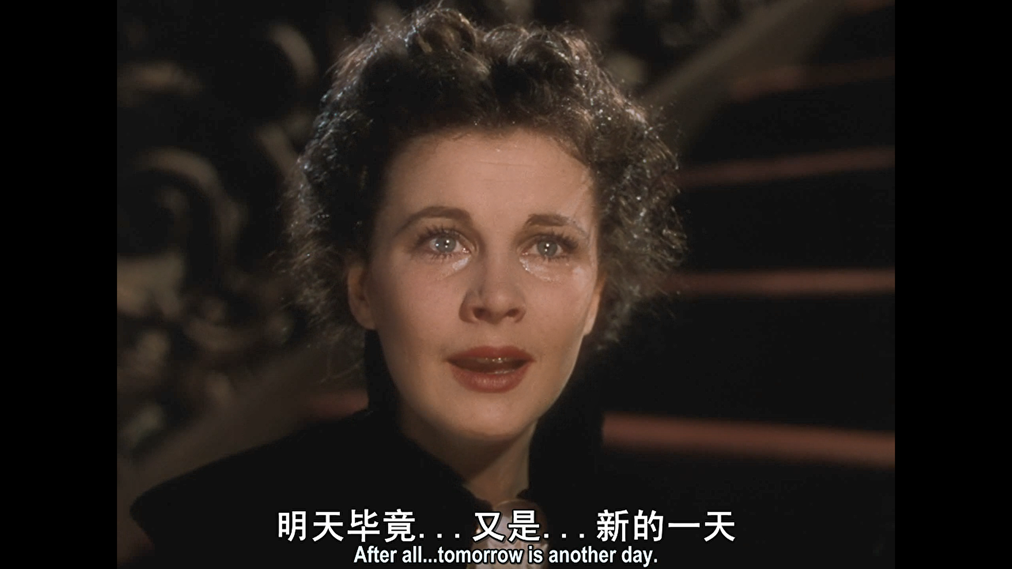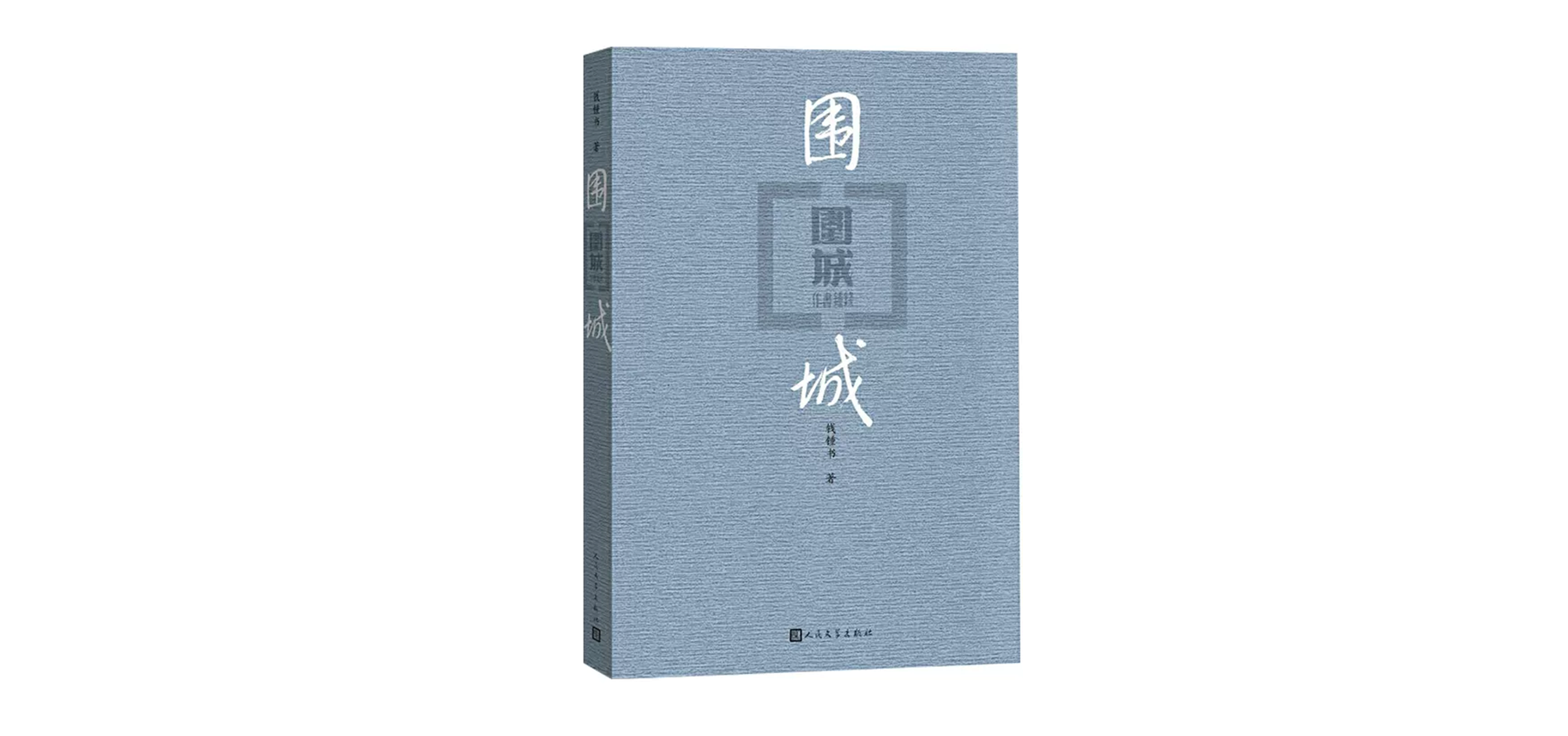MY 100-Day English -16
Researchers haven’t figured out yet how to prevent outside forces from affecting relationships, but being aware of their presence, creating rules to minimize their influence, and giving each other the benefit of the doubt are helpful steps in the right direction. When I was a sleep-deprived new mother who kept starting late-night fights, I finally made a rule for myself not to bring up any contentious topics after dinner. Six years later, I still regret it any time I break that rule.
Many of us spent the spring at home with our families. My colleagues and I surveyed nearly 2,000 people to ask how sheltering in place had changed their relationships. Not surprisingly, couples reported that they’d become more irritated (激怒的,易怒的) with each other. But many also reported that they were spending more quality time together and were, overall, more satisfied with their relationships: The busyness (忙碌) of everyday life had been somewhat stripped away, allowing them to truly be together again. People told us about exercising and cooking together and starting new hobbies. They were doing activities they hadn’t thought about before, or that they never felt they’d have time to try.
I’m curious to see how these couples are doing when we follow up with them this fall. Will they have made a lasting change to how they live their lives together? For better and worse, we adapt quickly to new situations. (无论好坏,我们都会迅速适应新环境) This means that even pandemic life soon becomes normal to us, but it also means we are likely to fall back into our old habits once life resumes (恢复到) its hectic pace (繁忙的步伐). To fight this, we must make a new habit of paying attention. We can do this by asking ourselves each night: Did I pay attention today? Did I talk to my partner and say what I was thinking? Did I listen when my partner was talking? I urge us all to try it for a week and see what happens.
Why Gratitude Leads to Sexual Fulfillment
by Mark Travers, Ph.D.

Expressions of gratitude have been shown to have numerous psychological and physical benefits. One study found that keeping a gratitude journal improved diastolic blood pressure (改善舒张压). Another found that focusing on things to be grateful about before bed each night increased pre-sleep calmness. Now, new research suggests there is a connection between gratitude and sexual satisfaction in committed relationships.
For a study in the journal Social Psychology and Personality Science , a team led by psychologist Ashlyn Brady of the University of North Carolina at Greensboro found that more-frequent expressions of gratitude increased couples’ sexual satisfaction by improving the emotional connection they experienced in their relationships.
“Over the course of a relationship, most couples experience declines in sexual, and thus relational, satisfaction,” the team posited. “We predicted that gratitude would increase ‘sexual communal strength’—the extent to which people are motivated to be responsive to their partner’s sexual needs—because gratitude motivates partners to maintain close relationships.”
The researchers asked 118 couples to report the level of gratitude they expressed and received, as well as their degree of sexual satisfaction, over a 21-day period. Three months later, when the team had the couples complete the same measures again, they found that changes in gratitude were closely associated with changes in sexual satisfaction. In other words, people were sexually satisfied to the extent that they and their partner expressed and received a high degree of gratitude.
These findings, the research team believes, could help therapists design more effective interventions for couples experiencing sexual difficulties. “Practitioners (实践者) have often sought to (寻求) identify ways in which couples can maintain, or even improve, sexual satisfaction. The current results suggest that gratitude may be a promising method for achieving that goal,” they concluded (推断,总结). “These studies suggest that experiencing and receiving gratitude increased the motivation to meet a partner’s sexual needs.”
See you tomorrow









